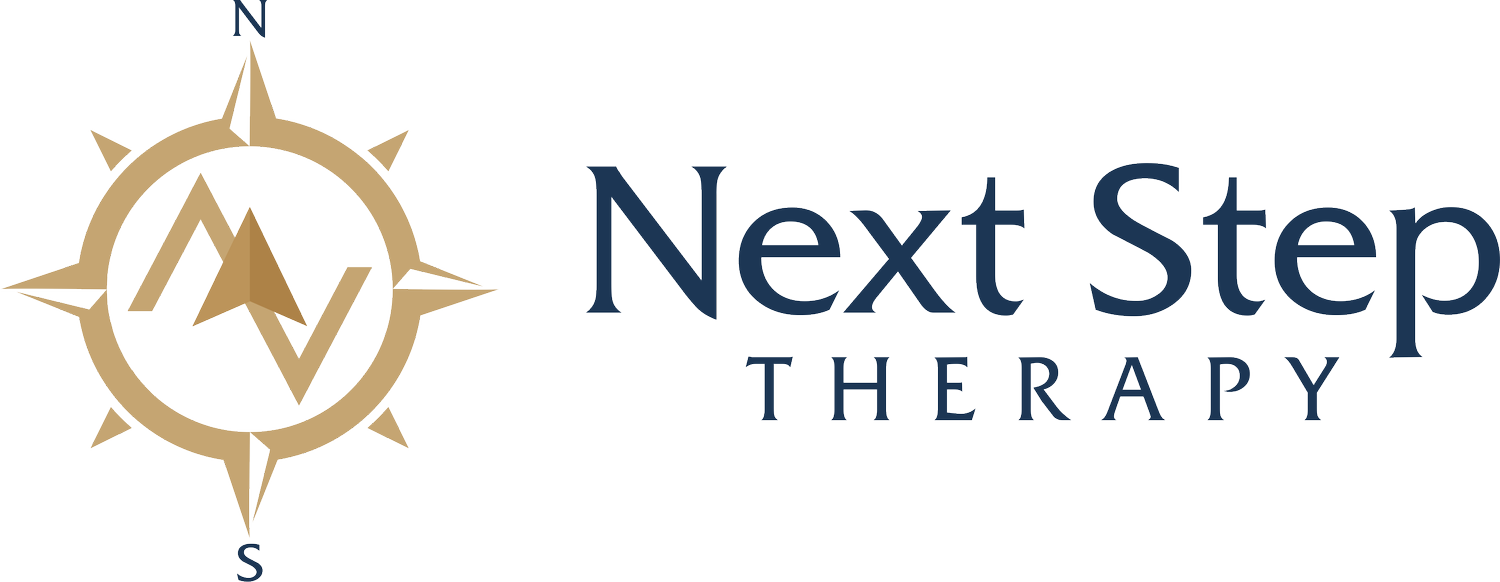How Core Values Shape Peak Performance and Professional Fulfillment
How Core Values Drive Peak Performance and Professional Fulfillment
For high-achieving professionals, core values are more than abstract ideals; they’re guiding principles that fuel lasting success, leadership effectiveness, and authentic professional identity. When values align with your role and organizational culture, you experience heightened motivation, resilience under pressure, and a stronger sense of purpose. Below, we explore how core values shape your decisions, influence workplace behaviors, and ultimately impact your overall performance and sense of fulfillment.
Framework in Action: At Next Step Therapy, we use a depth-oriented approach—Performance Insight, Pattern Recognition, Strategic Intervention, and Sustainable Integration—to help ambitious individuals leverage core values for both career advancement and meaningful personal growth.
- Core Values at Work: Aligning personal values with workplace culture boosts job satisfaction, productivity, and overall well-being. Companies prioritizing values often see greater success.
- Professional Identity: This is a blend of your values, skills, and experiences, shaping how you think and act in your profession.
- Practical Tools: Techniques like reflecting on meaningful experiences, clustering values, and annual reviews help clarify what matters most.
- Therapy Support: Next Step Therapy’s ACT-driven approach can align your job with your values, reduce stress, and enhance decision-making in high-pressure contexts.
Key takeaway: When your values align with your career, you’re more motivated, fulfilled, and effective. It’s not just about mitigating stress but transforming it into sustained performance gains.
How to Find Your Core Values
Research: Core Values' Effect on Professional Behavior
Studies on Identity Development
Research highlights that professional identity formation (PIF)—the process where individuals internalize a profession's values and norms—directly impacts how they think, act, and feel under workplace demands. Over 70% of U.S. employees say aligning with their company’s values helps them perform at their best [4]. Emotional commitment, driven by shared values, can be four times more powerful than rational commitment [2].
"Professional identity refers to a representation of self, achieved in stages over time, during which the characteristics, values, and norms of the medical profession are internalized..." – Creuss et al. [1]
A strong professional identity also helps individuals find meaning in their work, fostering resilience and mental well-being [1]. In high-stress fields, aligning daily tasks with core values can boost engagement and reduce burnout.
Values and Professional Choices
Jobs that offer independence and a sense of social contribution often rank as the most meaningful, especially among leaders and executives [2]. Kim Congdon, global vice president of HR at Herbalife Nutrition, notes that values-based leadership affects everything from recruitment to innovation [3]:
"Introducing values-based leadership impacts everything from recruitment and selection to employee engagement and satisfaction, motivation, innovation, and high performance..."
Studies confirm measurable benefits when core values are prioritized:
| Impact Area | Key Findings |
|---|---|
| Employee Well-being | Including core values improves worker health [2] |
| Professional Growth | Values-driven discussions turn challenges into opportunities [1] |
| Team Productivity | Values-based leadership enhances team alignment [3] |
| Job Satisfaction | Value alignment boosts engagement and contributions [2] |
Neuroscientist Antonio Damasio emphasizes the emotional basis of decision-making: “We are not thinking machines. We are feeling machines that think” [2]. This underscores why core values are so integral to professional choices and identity.
Transform Challenges Into Growth
Discover evidence-based virtual therapy tailored to you. Overcome anxiety, optimize performance, and achieve personal growth with expert guidance.
Methods: Applying Core Values at Work
Mental and Emotional Alignment
Maintaining alignment with your values can elevate your performance, sharpen decision-making, and sustain motivation, especially in high-demand roles. Even outwardly successful executives can struggle with anxiety or burnout if their core values aren’t reflected in their day-to-day tasks [9]. Microsoft’s 2014 transformation under Satya Nadella, which emphasized empathy and a growth mindset, is a prime example of values fueling innovation [8].
Tools for Finding Core Values
To help leaders and ambitious professionals define their core values, consider these methods:
| Self-Discovery Method | Purpose | Implementation |
|---|---|---|
| Peak Experience Analysis | Discover values through meaningful moments | Reflect on 3–5 fulfilling experiences and find common themes. |
| Values Clustering | Organize values into main categories | Group similar values into 3–5 overarching clusters. |
| Annual Values Report | Track how your values evolve over time | Conduct a yearly reflection and create a personal values statement. |
"The key to unlocking career clarity is knowing your core values" [6]
These tools offer a structured way to align workplace decisions with what matters most to you.
Values-Based Decisions in Practice
High-profile examples—such as Southwest Airlines saving jobs by cutting executive bonuses, or Marriott enhancing employee well-being—illustrate how centering values leads to strong loyalty and performance [8]. At an individual level:
- Develop behavioral guidelines that mirror your top values
- Incorporate values reviews into performance feedback and career planning
- Revisit your core values annually to adapt to new professional demands
Values can evolve with your career, so consistent reflection ensures you maintain alignment.
Performance-Focused Therapy for Professional Excellence
Therapy's Role in Sustaining High Performance
For driven individuals, therapy goes beyond “solving problems”—it’s a powerful tool for optimizing leadership, decision-making, and resilience. Studies show that career counseling can increase job satisfaction and improve mental well-being [12]. Through values clarification therapy, professionals gain the insight needed to align tasks with deeper motivations [10].
Therapeutic Focus at Next Step Therapy:
| Therapeutic Focus | Practical Outcome |
|---|---|
| Values Exploration | Identify core values influencing professional decisions |
| Goal Integration | Translate values into concrete, career-focused goals |
| Stress Management | Develop coping strategies for high-pressure environments |
| Identity Development | Build confidence and clarity in leadership roles |
Next Step Therapy Services
Next Step Therapy specializes in aligning core values with high-level performance demands. Using a depth-oriented lens that combines Acceptance and Commitment Therapy (ACT), performance psychology, and mindfulness, our approach addresses both immediate stresses and underlying patterns. We focus on:
- Performance Insight: Pinpoint where values misalignment leads to anxiety or burnout
- Pattern Recognition: Identify recurring triggers and unhelpful thought loops
- Strategic Intervention: Implement tailored strategies for demanding schedules
- Sustainable Integration: Maintain long-term alignment for ongoing professional growth
"Values are the principles that give our lives meaning and allow us to persevere through adversity." – Barb Markway, Psychologist [11]
By unifying clinical insight with practical career strategies, Next Step Therapy helps you maintain peak performance while staying true to what matters most.
Conclusion: Building a Strong Professional Identity Through Values
Main Points
Core values drive motivation, guide ethical decisions, and foster resilience—vital ingredients for high-achieving professionals. By integrating your values with daily work, you not only enhance professional identity but also cultivate sustainable success and genuine fulfillment.
"When your values are clear to you, making decisions becomes easier." – Roy Disney [13]
Action Steps
Integrate your core values into your professional life with these strategies:
- Monthly Values Check-In: Spend 15 minutes reviewing whether your recent actions aligned with your key values. Note any gaps or successes [7].
- Values-Based Goal Setting: Quarterly, set targets that reflect your top values—like collaboration, innovation, or community impact.
- Workplace Culture Review: Evaluate team dynamics and leadership culture to confirm they align with your values [7].
- Seek Professional Guidance: If you struggle to align values with career demands, consider performance-focused therapy. Next Step Therapy offers deeper insights and structured solutions.
When values-driven career choices guide your professional path, stress can transform into a force for innovation and leadership excellence. Ready to make that shift?











